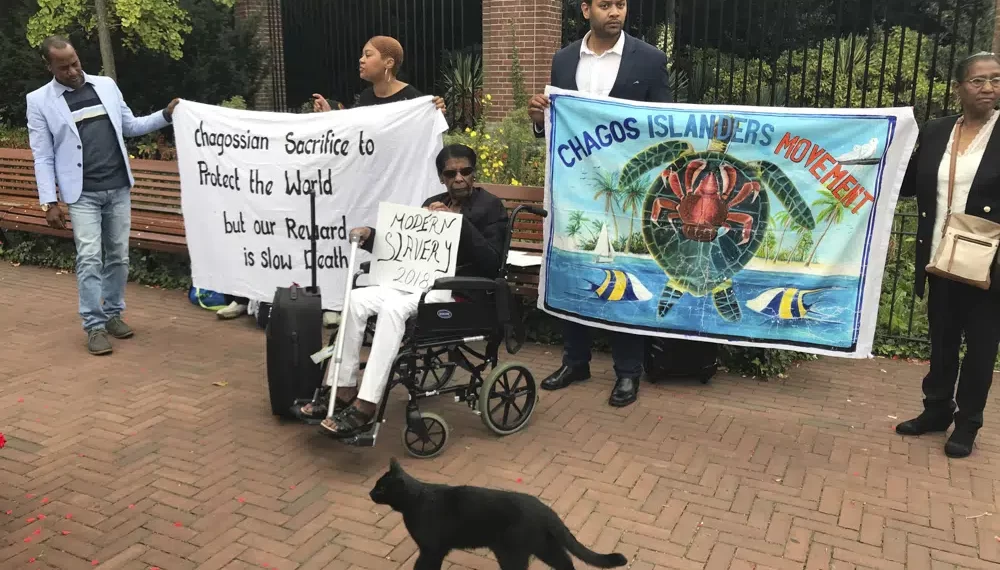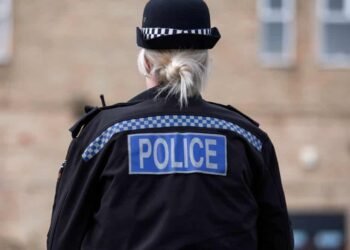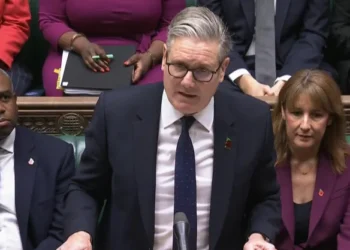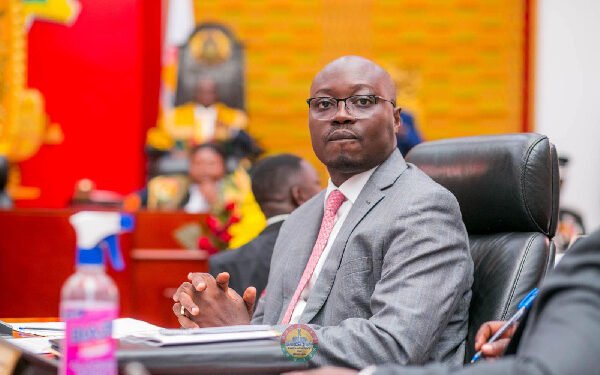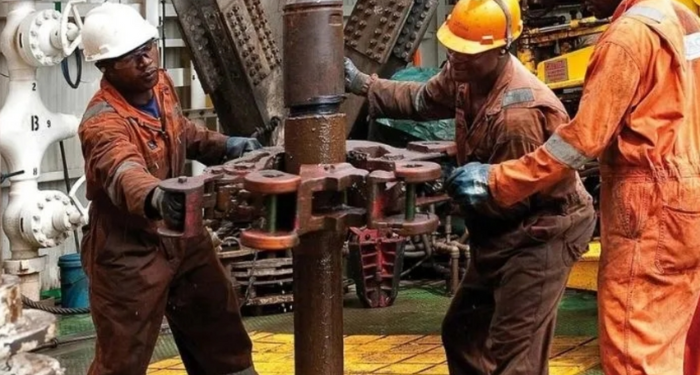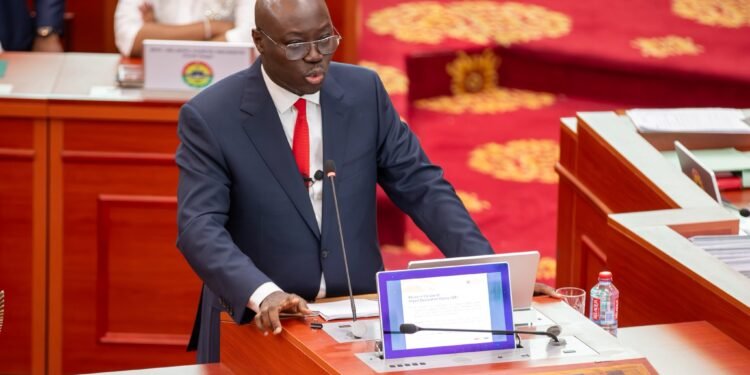Human Rights Watch, an international rights group has disclosed that Britain and the U.S. should pay compensation to the Chagossians and apologize for their treatment of the islanders.
Britain and the United States committed crimes against humanity when they forced the people of the Chagos Islands in the Indian Ocean to leave their homes five decades ago to make way for a U.S. Navy base, the rights group charged, calling on the two governments to let the Chagossians return.
“The forced displacement of the Chagossians and ongoing abuses amount to crimes against humanity committed by a colonial power against an indigenous people. U.K. colonial rule in the Chagos Archipelago, unlike in most of its other colonies in Africa, did not end in the 1960s, and it has continued at extraordinary cost to the people of Chagos.”
Human rights watch
The Chagos Islands are the heart of the British Indian Ocean Territory, some 6,000 miles southeast of London and home to the U.S. Navy base at Diego Garcia.
The base was built in the 1970s and provides what American authorities have described as “an all but indispensable platform” for security operations in the Middle East, South Asia and East Africa.
However, Diego Garcia has been the source of controversy for decades because the islands were home to about 1,500 people when discussions about the base began in the 1960s. In addition, the islands historically had been administered as a dependency of Mauritius, a U.K. territory that was then moving toward independence.
Those facts were a problem because the U.S. wanted the freedom to build the base on Diego Garcia without facing local political opposition.
As a result, Britain decided to separate the archipelago from Mauritius before it became independent and removed the Chagossians from the islands between 1967 and 1973.
There are now about 10,000 Chagossians who live primarily in Britain, Mauritius and the Seychelles. The consulting firm KPMG, which conducted a feasibility study for the government, said in 2014 that everyone who took part in consultation meetings wanted to return to the islands permanently.
The government in 2016 refused to allow the Chagossians to return to their homeland, citing “feasibility, defense and security interests, and cost to the British taxpayer.”
But it also acknowledged that the original removal of the islanders was wrong, granted them citizenship and set aside 40 million pounds ($49 million) to improve the lives of Chagossians around the world.
“The manner in which the Chagossian community was removed from the Territory in the 1960s and 1970s, and the way they were treated, was wrong and we look back with deep regret,” the government said at the time.

Foreign Office Rejects The Characterisation
A Foreign Office Spokesperson said, “We respect the work Human Rights Watch does around the world, but we categorically reject this characterisation of events.
“The UK has made clear its deep regret about the manner in which Chagossians were removed from BIOT [British Indian Ocean Territory] in the late 1960s and early 1970s. We remain committed to supporting Chagossians including through a significant support package and our new British citizenship route for Chagossians launched last November.”
Foreign Office Spokesperson
The UN General Assembly has also voted, overwhelmingly, in favour of the islands being returned to Mauritius.
Mauritius claims it was forced to give up the islands in 1965 in exchange for independence, which it gained in 1968. Britain had already entered into secret talks with the US to lease Diego Garcia to Washington as a military base.
The Foreign Office insists the base helps people in Britain and around the world stay safe by helping to combat threats like terrorism and piracy.
Mauritius insists the US can continue to keep its base on Diego Garcia, and that it will commit to resettling “any individuals of Chagossian origin” on their home islands.
Most of the population of the Chagos Islands was sent to Mauritius, 1,000 miles to the south, without compensation. Some moved to the Seychelles and to Britain, where many now live Crawley, West Sussex.
READ ALSO: Nigeria: Supreme Court adjourns Case About Old Banknotes

